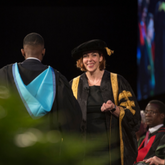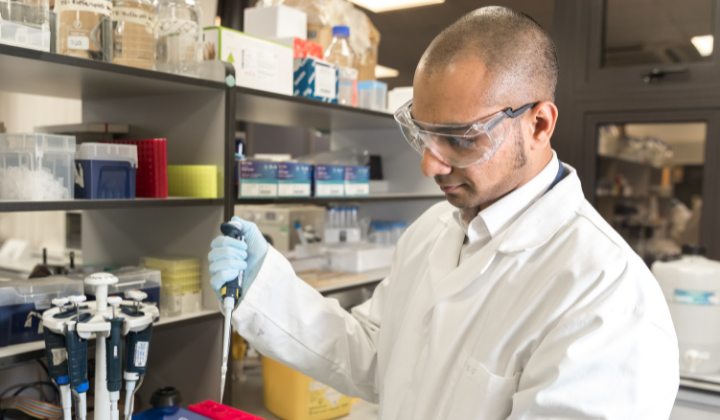
About Us
The Children’s Brain Tumour Research Centre (CBTRC) was established in 1997 at The University of Nottingham. It brings together a multidisciplinary team of healthcare professionals and researchers. The aim of the centre is to improve the understanding, treatment and outcomes of children and young adults who develop brain tumours.
The CBTRC currently have the most active researchers and research projects in the centre’s lifetime. There are six research groups, who all work closely together, supporting more than 30 students, early career researchers and research technicians.
We’re dedicated to helping children who are diagnosed with brain tumours, both now and in the future.
Two thirds of those cured will be disabled for the rest of their lives.
Our Research
Children’s brain tumours account for around a fifth of childhood cancers in the UK.
Survival rates for other cancers have improved dramatically over the past 50 years, but the same isn’t true for brain tumours. Now more children die from brain tumours than even leukaemia. More than a third of children with brain tumours die despite modern treatment.
Damage to a developing child caused by brain tumours and their treatment carries an extra burden. Two thirds of those cured will be disabled for the rest of their lives. There are around 35,000 survivors of childhood brain tumours living with the side effects of their disease and its treatment.
The Children’s Brain Tumour Research Centre is helping change all of that. We’re developing new and better methods of treating childhood brain cancer, and improving the quality of life of children who are cured.
The award-winning campaign team focuses on raising awareness of brain tumours and childhood cancers, and reducing the time it takes for brain tumours to be diagnosed.
Find out more about early diagnosis
We lead a major Paediatric Clinical Trial and a range of research studies seeking to understand and disrupt the growth of different types of brain tumours, and identify new, kinder treatments.
Find out more about biological research
Our research is looking at the potential for MRI Imaging to do more to diagnose, detect and predict the behaviour of childhood brain tumours.
Find out more about imaging
The Drug Delivery Consortium brings together experts from around the world to work out new ways to deliver drugs through the blood-brain barrier.
Find out more about drug delivery
Where does your money go?
£20
Basic well plate
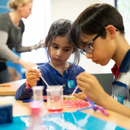
£66
Safety goggles
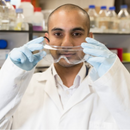
£250
Antibody
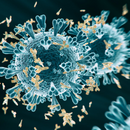
£215
Daily research technician rate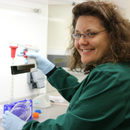
£750
Electronic pipettes
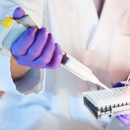
£1000
Computer for analysis
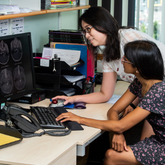
£1000
Tissue sectioning
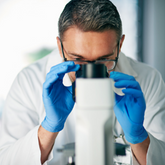
£4,400
PhD fees

£18,000
PhD stipend
